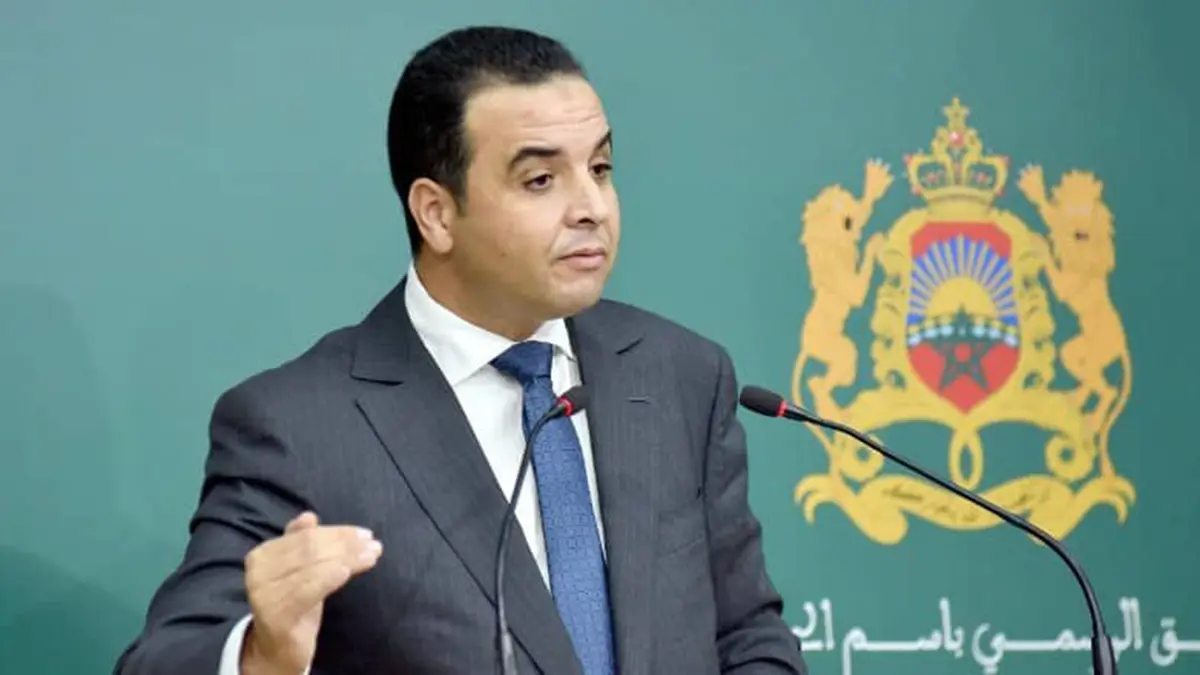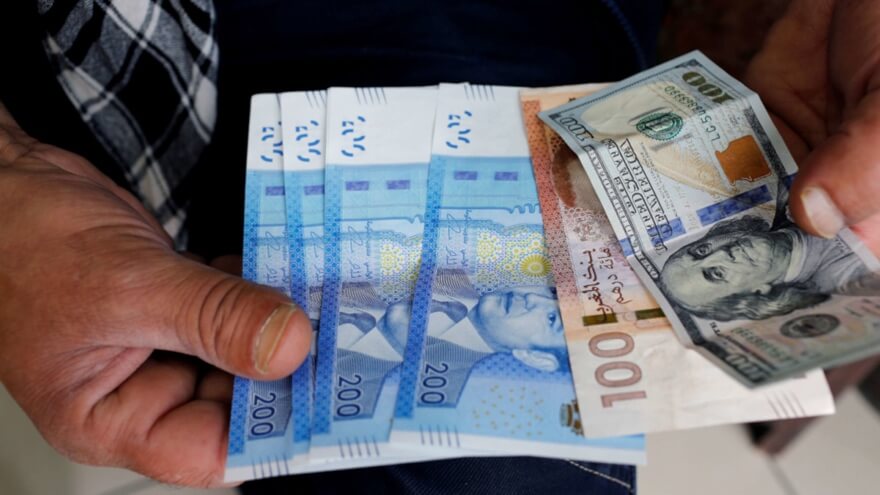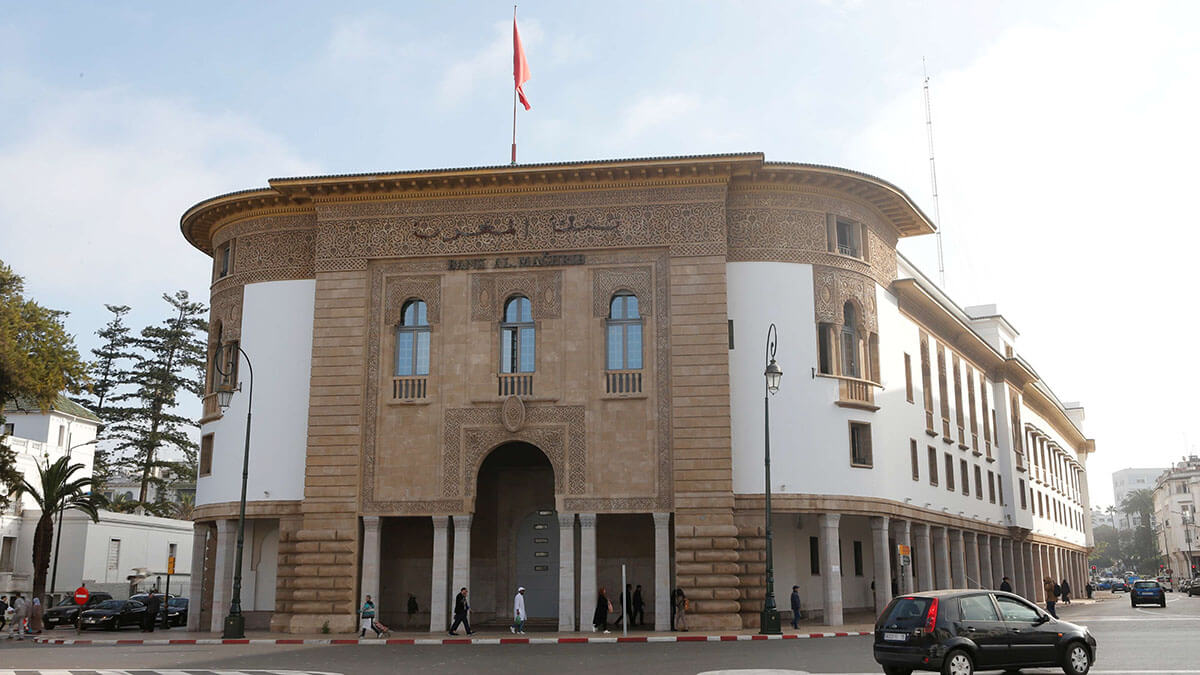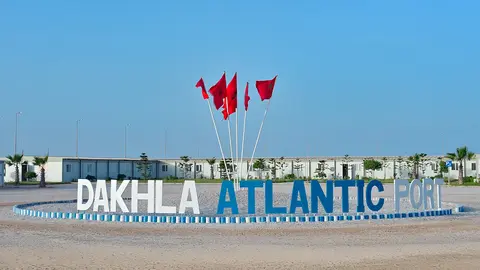Moroccan government deems tax amnesty ‘extremely fruitful’

- Le Monde analysis
- Undeclared 2024 assets held abroad
- The tax amnesty programme and the 2030 World Cup
Mustapha Baitas, Minister Delegate to the Head of Government in charge of Relations with Parliament and spokesman for the Moroccan Executive, referred to the tax amnesty operation as ‘extremely fruitful’ and with good results ‘far exceeding initial expectations’. The programme targeted individuals who had not declared profits and taxable income in Morocco before 1 January 2024.
The amnesty applied to a number of assets, including bank deposits, cash holdings, real estate and movable property not intended for professional use, and advances on current accounts of partners or operating accounts and loans granted to third parties.
Le Monde analysis
The French newspaper Le Monde carried out an analysis and, according to it, the amount declared represents ‘a quarter of Morocco's cash in circulation, approximately 430 billion dirhams ($42.833 billion), by the country's Central Bank’.

Le Monde also noted that the success of this amnesty far exceeds the 2020 programme, as it is ‘twenty times higher’. The French newspaper noted that the amnesty resulted in the regularisation of 32 billion dollars in four years. The newspaper also reported that bank deposits alone accounted for $60 billion of the declarations, with the rest coming from real estate purchases and contributions to current accounts.
Approximately 10,000 ‘spontaneous’ declarations generated 40% of the amount regularised, averaging $400,000 per declaration. In a separate but related development, the Foreign Exchange Office reported that the recently concluded foreign assets amnesty programme resulted in declarations totalling $200 million in 658 declarations.

Undeclared 2024 assets held abroad
Morocco's bureau de change has announced that the 2024 voluntary asset disclosure process for undeclared property and funds held abroad has resulted in total declared assets exceeding 2 billion dirhams (more than $198 million).
Financial assets made up 45% of foreign holdings at $91.62 million, followed by real estate at $86.83 million and liquid assets at $24.47 million. Cash trends reached 244.7 million dirhams, representing 12% of the total amount declared. The process generated Dh231.76 million in contributions to the state treasury, according to the declaration.

The voluntary liquidation process allows Moroccan residents who have undeclared property or funds abroad to legalise their status. This applies to those acquired before 1 January 2024, which were in violation of foreign exchange control laws.
Under this process, which was established under the Finance Law of 2024, individuals declare their foreign assets, repatriate cash holdings in foreign currencies to Morocco and pay a one-off settlement fee. The rate of this fee varies between 10, 5 and 2 %, depending on the case.
The government implemented the amnesty with a preferential tax rate of 5% for declarations made in 2024, compared to the standard rate of 37% that would apply in 2025. This initiative was part of the Finance Act 2024, with banks actively promoting its benefits throughout the year.

The tax amnesty programme and the 2030 World Cup
The success of the tax amnesty programme could have implications for the country's economic development as it prepares to host the 2030 football World Cup, which Morocco is co-hosting with Spain and Portugal. This initiative also represents a balance between encouraging compliance and maintaining financial integrity, all while working to formalise the economy.
While Morocco compresses what would normally be two decades of development into a seven-year timeline for the World Cup, the effectiveness of measures such as the tax amnesty could play an important role in determining whether the country can achieve its economic transformation goals.









